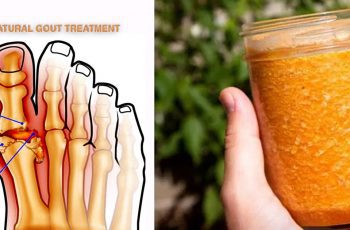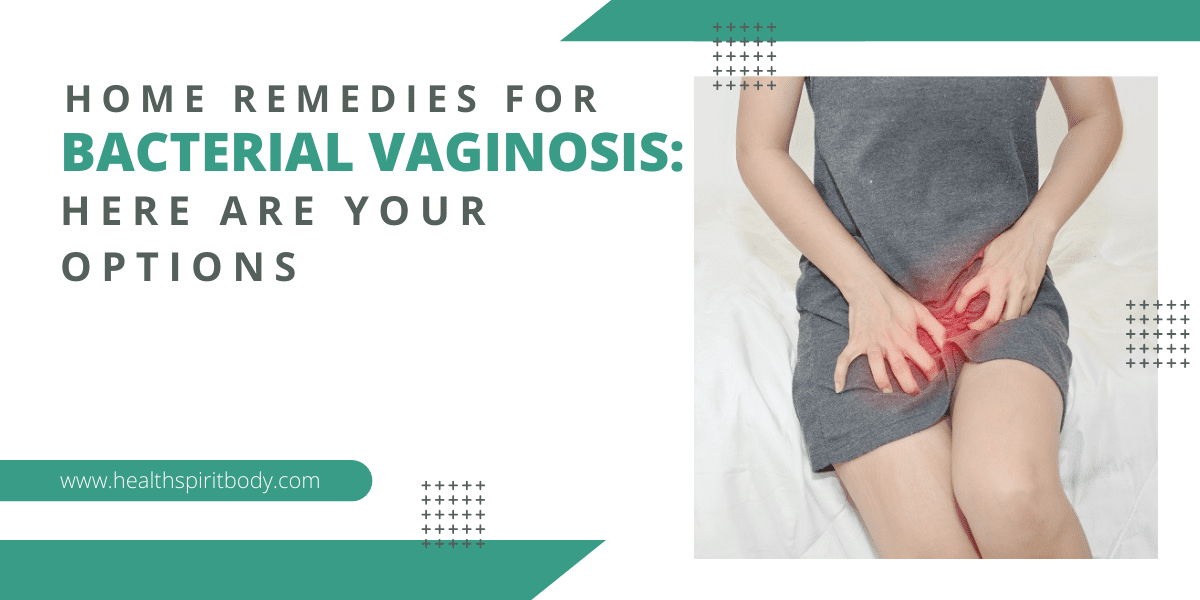
If you are one of the millions who suffer from bacterial vaginosis, you may wonder what your treatment options are. While many commercial products are available to treat BV, some people prefer to use natural remedies.
In this blog post, we will discuss a few of the most popular home remedies for bacterial vaginosis, and we will also tell you about some of the benefits and drawbacks of each one. So if you are looking for an alternative to traditional treatments, read on!
What is Bacterial Vaginosis?
Bacterial vaginosis (BV) is a common vaginal infection that can occur when there is an imbalance of the natural bacteria in your vagina. Although it is not a sexually transmitted infection (STI), it is often seen in sexually active women. BV can cause symptoms such as itching, burning, abnormal vaginal discharge, and a strong fishy odor.
If you are suffering from these symptoms, here are 6 home remedies that may help to cure your BV.
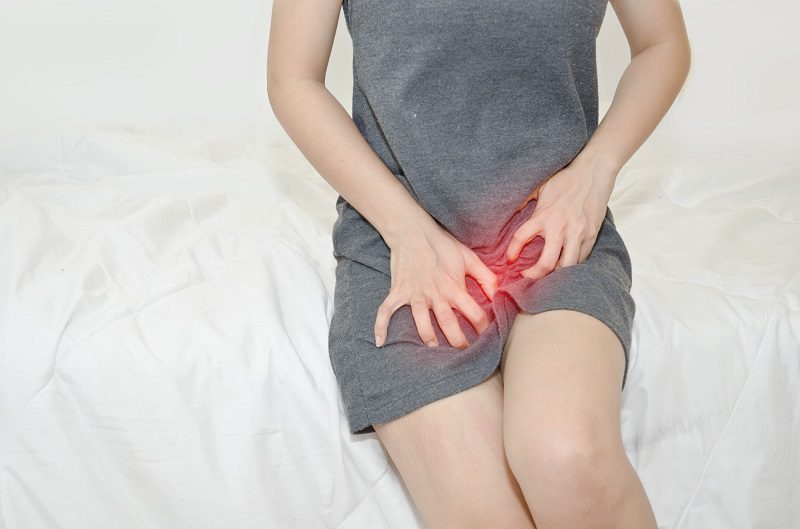
Common Home Remedies for Curing BV
Apple Cider Vinegar
Apple cider vinegar has been shown to have antibacterial and antifungal properties, making it an effective home remedy for BV. To use this remedy, mix 1 tablespoon apple cider vinegar with 8 ounces of water and drink it 2-3 times daily. Next, add 1-2 tablespoons of apple cider vinegar to your bathwater and soak it for 20-30 minutes.
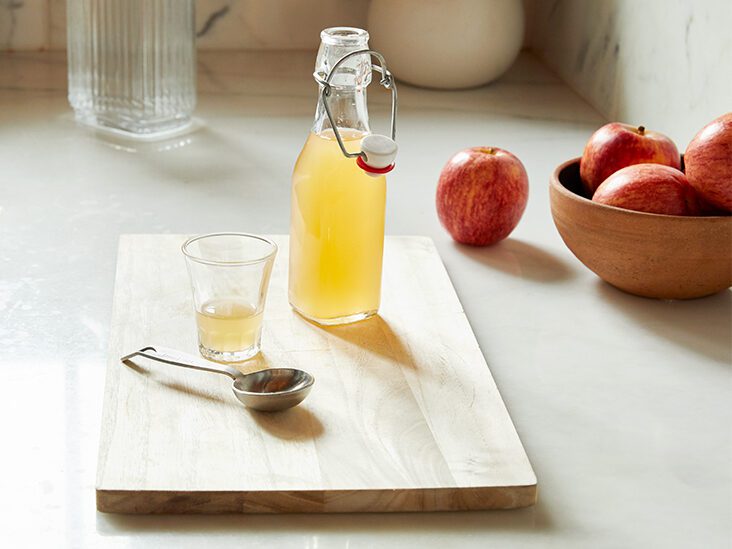
Yogurt
Yogurt contains lactobacillus, a type of probiotic that helps restore the natural balance of bacteria in your vagina. Eat yogurt daily or apply it directly to your vulva and insert it into your vagina with a clean finger. For best results, choose yogurt that contains live and active cultures.
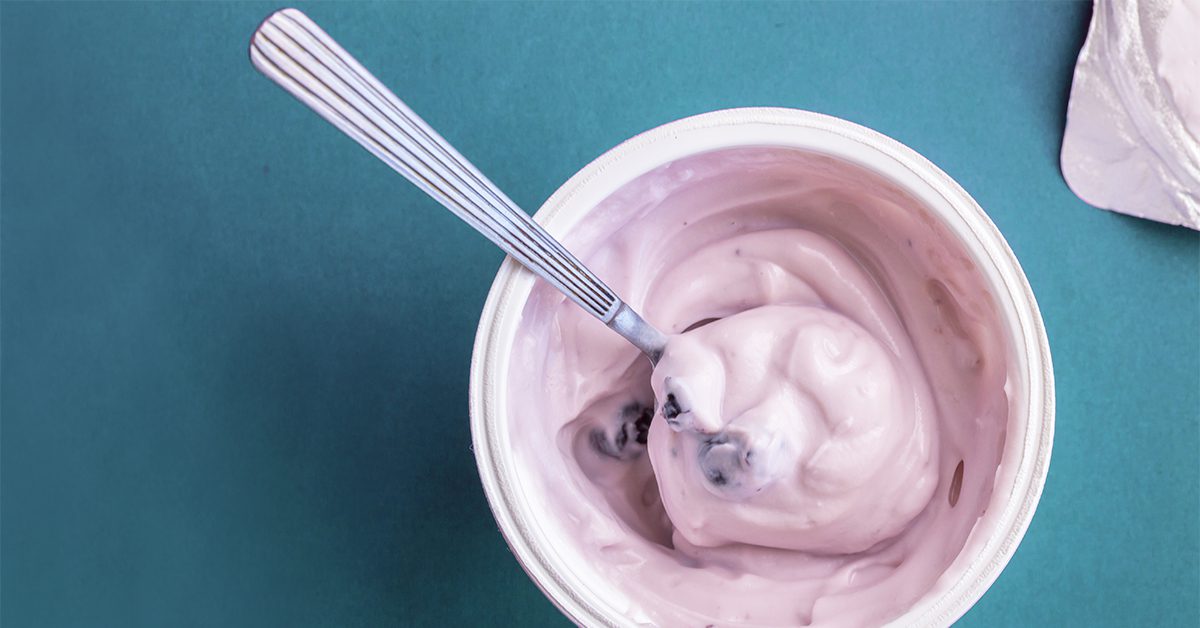
Tea Tree Oil
Tea tree oil has potent antifungal and antimicrobial properties, making it an effective home remedy for bacterial vaginosis. Mix 2-3 drops of tea tree oil with 1 tablespoon of carrier oil such as olive or coconut oil. Apply this mixture to a tampon and insert it into your vagina overnight. Repeat this process 3-4 times per week until your symptoms subside.
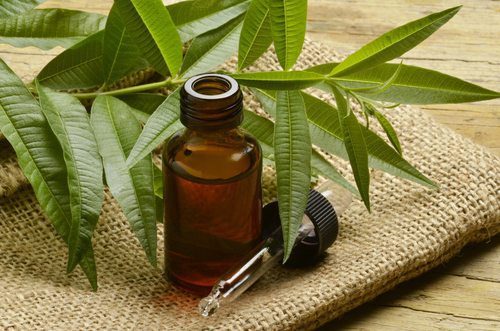
Garlic
Garlic also has antimicrobial properties that can help treat bacterial vaginosis at home. Cut 1-2 cloves into small pieces and wrap them in gauze or cheesecloth. Tie the ends tightly so the garlic doesn’t fall out, and insert it into your vagina overnight. Repeat this process 3-4 times per week until you see improvement in your symptoms.
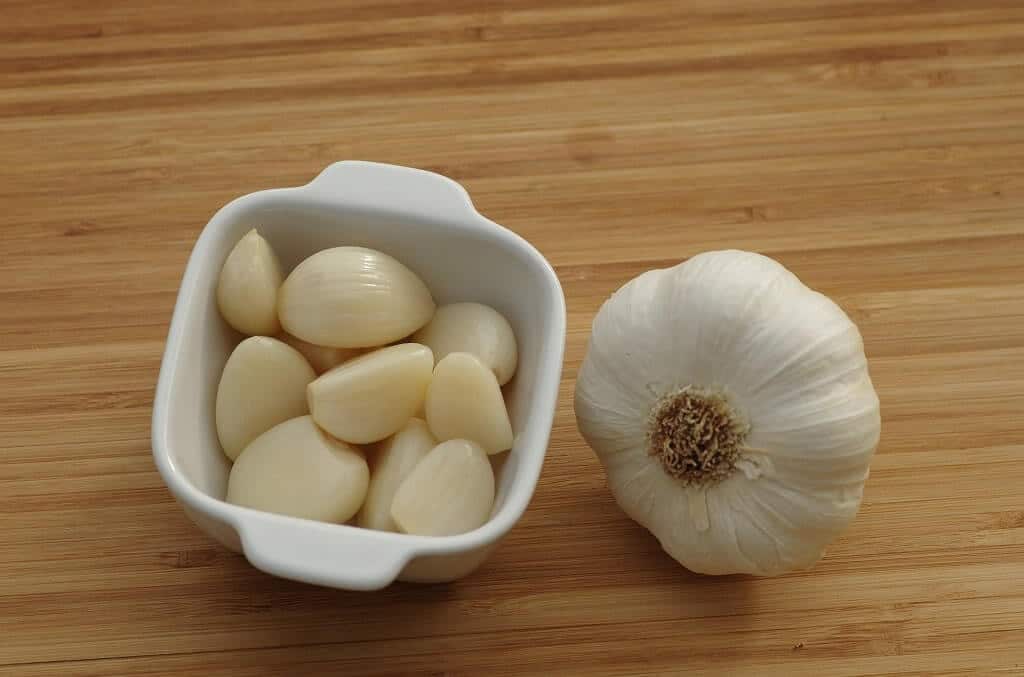
Oregano Oil
Like garlic, oregano oil also has antimicrobial properties, making it an effective home remedy for treating bacterial vaginosis symptoms. Mix 2-3 drops of oregano oil with 1 tablespoon of carrier oil such as olive oil or coconut oil. Apply this mixture to a tampon and insert it into your vagina overnight. Repeat this process 3-4 times per week until you see improvement in your symptoms.
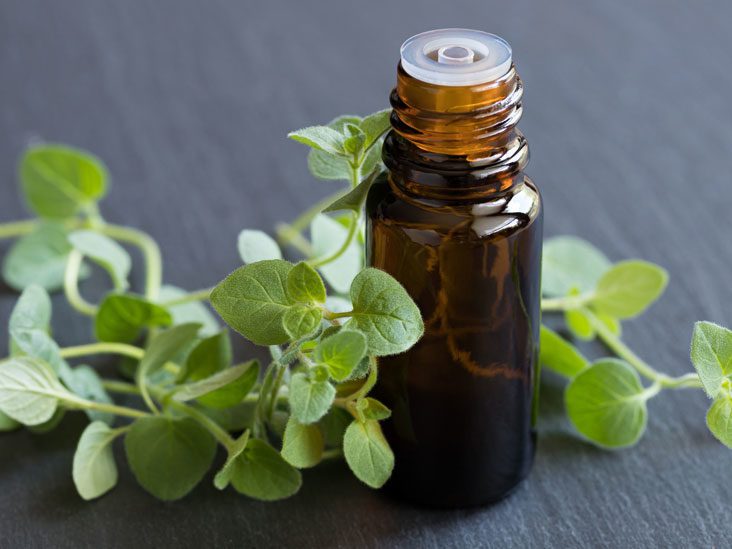
Coconut oil
Coconut oil can help relieve the symptoms of BV and also help prevent future infections. Apply coconut oil to the affected area 2-3 times per day or take 1 tablespoon orally 2-3 times daily.
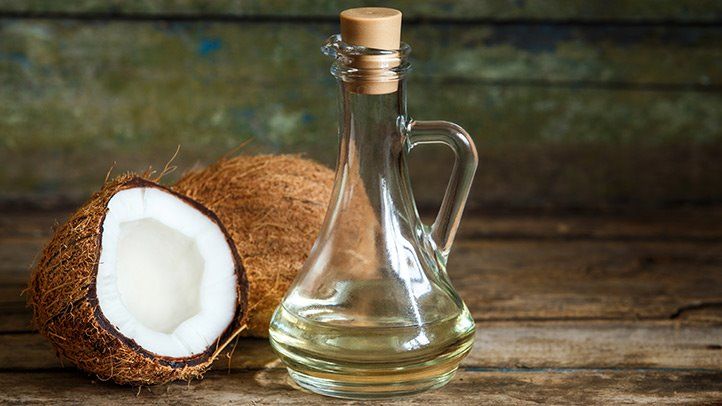
Boric Acid
Boric acid-containing vaginal suppositories may be used to treat BV. According to a 2021 study, treating BV with intravaginal boric acid in addition to antibiotics can be beneficial. In addition, boric acid is effective in treating BV and yeast infections, according to a 2019 review. However, the authors of both studies concluded that more investigation is required to understand how boric acid aids treatment.
Oral consumption of boric acid is harmful. Therefore, this product should only ever be used following the directions.
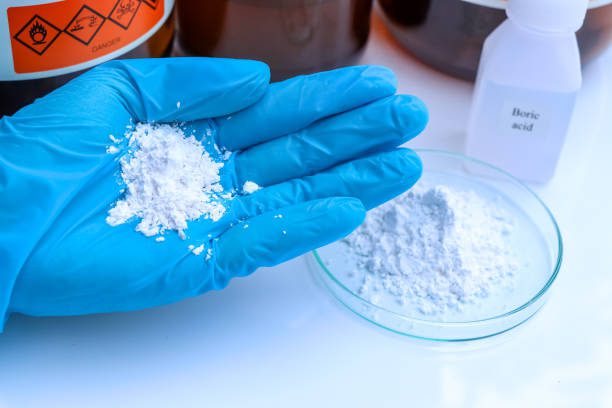
Is hydrogen peroxide an effective treatment method for BV?
Hydrogen peroxide is a natural antiseptic and disinfectant that can kill the harmful bacteria causing BV. It works by releasing oxygen into the affected area, which creates an environment that is hostile to bacteria. In theory, this should help to clear up the infection.
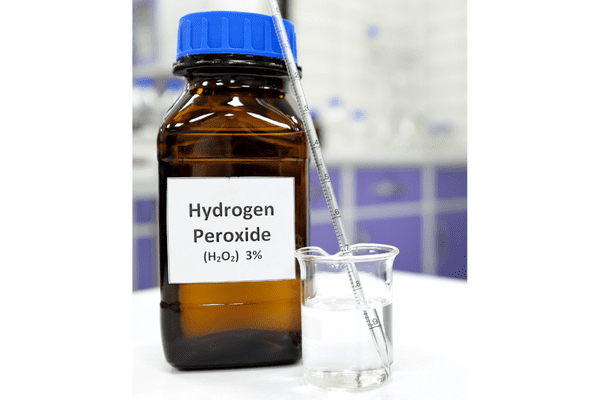
Does hydrogen peroxide get rid of BV?
There’s no scientific evidence to show that hydrogen peroxide is an effective treatment for bacterial vaginosis. Hydrogen peroxide may even cause more irritation. If you’re suffering from BV, your best bet is to see a doctor or other healthcare provider. They can prescribe medication to get rid of the infection quickly and effectively.
Can hydrogen peroxide be used as a feminine wash?
Hydrogen peroxide should not be used in the vagina. Often, this causes more irritation. Also, hydrogen peroxide should not be used for douching.
Can hydrogen peroxide make BV worse?
The short answer is that we don’t know. There’s no scientific evidence to support the use of hydrogen peroxide for treating bacterial vaginosis. One study found that using hydrogen peroxide douche was associated with an increased risk of recurring BV.
So why do some women swear by it?
The symptoms of BV may be similar to those of other vaginal infections, such as yeast infections. And because hydrogen peroxide is a common home remedy for yeast infections, some women may mistakenly believe it will work for BV.
How long does it take for hydrogen peroxide to cure BV?
At three weeks after treatment, hydrogen peroxide (3%) used as a single vaginal wash was just as successful as any other substance used to remove the bacterial vaginosis-related vaginal malodor.
But even if hydrogen peroxide did work, we wouldn’t recommend using hydrogen peroxide as a self-treatment for BV. That’s because douching with any substance, including water, can disrupt the delicate balance of bacteria in your vagina and worsen your BV symptoms. Douching can also increase your risk of other vaginal infections, including yeast and sexually transmitted diseases.
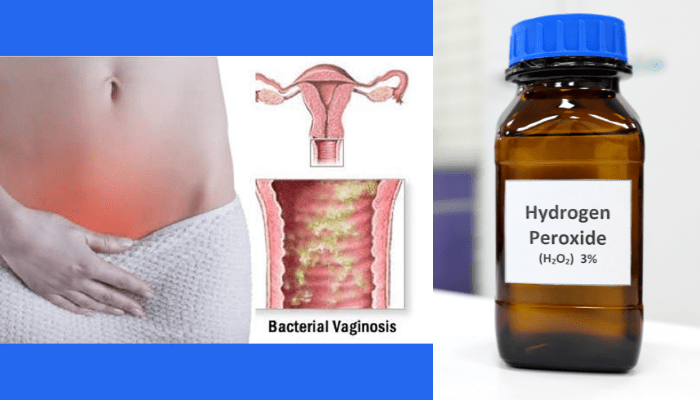
Can you cure BV in a day?
Fortunately, there are several things you can do to cure bacterial vaginosis in a day.
Use an over-the-counter medication.
Several medications can treat bacterial vaginosis, including metronidazole and clindamycin. Metronidazole is the most effective but can cause side effects like nausea and vomiting. Clindamycin is less likely to cause side effects, but it’s not as effective as metronidazole. Be sure to follow the directions on the package insert carefully.
Try a home remedy.
If you don’t want to take medication or are pregnant, several home remedies can help treat bacterial vaginosis. Yogurt contains live cultures that can fight the bacteria causing BV. Garlic has antibacterial properties that can also help fight the infection. In some studies, tea tree oil has shown to be effective in treating BV.
Avoid sexual intercourse.
Until the infection has cleared up completely, avoid having sex. This will help prevent the infection’s spread and further irritation of the area.
Avoid wearing tight-fitting clothes.
Wear loose-fitting, breathable underwear made from natural fibers like cotton. Avoid wearing tight-fitting clothes or synthetic fabrics like nylon, as they can trap moisture and lead to further irritation. Sleep with no underwear on at night. This will give your vagina some much-needed air time to help it heal faster.
Practice good vaginal hygiene.
Washing your vagina with soap and water every day can help prevent bacterial vaginosis from coming back. Avoid using douches, scented products, or anything else that could irritate your vagina.

Antibiotics for BV?
Antibiotics work by killing the bacteria that cause BV. There are two ways to take them: orally (by mouth) or vaginally (as a gel, cream, or suppository). Oral antibiotics are taken for 7-10 days, while vaginal antibiotics are used for 5-7 days. The most common oral antibiotic used to treat BV is metronidazole (Flagyl), while clindamycin (Cleocin) is the most common vaginal antibiotic.
Are Antibiotics Effective Against BV?
The answer to this question is a little complicated. While antibiotics can help clear up the symptoms of BV, they don’t always prevent the condition from recurring. About 1 in 3 women will experience a recurrence of BV within three months of completing treatment.
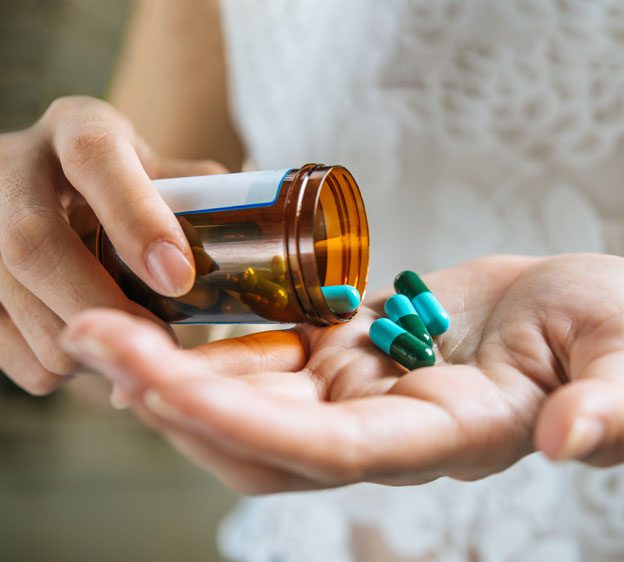
Probiotics for Bacterial Vaginosis
Probiotics restore the balance of good and bad bacteria in the vagina. When this balance is disturbed, it can lead to bacterial vaginosis. Consuming probiotics can help replenish the good bacteria in the vagina, thus reducing the symptoms of bacterial vaginosis.
Types of Probiotics
There are many different probiotic strains, and each strain has distinct benefits. Some common probiotic strains that have been studied for their effects on vaginal health include Lactobacillus acidophilus, Lactobacillus rhamnosus, and Lactobacillus fermentum.
Do Probiotics Help with Bacterial Vaginosis?
Some evidence suggests that probiotics may be effective in treating bacterial vaginosis. For example, a 2012 study found that women who took a probiotic supplement containing Lactobacillus rhamnosus and Lactobacillus gasseri were less likely to experience a recurrence of bacterial vaginosis than women who did not take a probiotic supplement.
A 2013 study found that women who took a probiotic supplement containing Lactobacillus acidophilus were less likely to experience a recurrence of bacterial vaginosis than women who did not take a probiotic supplement.
Additionally, the women who took the probiotic supplement reported fewer symptoms of bacterial vaginosis than the women who did not take a probiotic supplement.
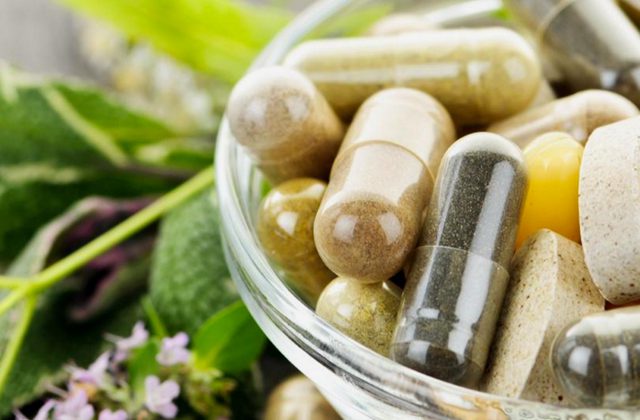
Can you put a tampon in with BV?
Yes, you can use a tampon when you have BV. In fact, there’s no reason why you shouldn’t use a tampon if you’re suffering from this condition. Just remember to change your tampon regularly (at least every 4 hours) and to check for any unusual discharge when you do so. If you experience pain or discomfort, discontinue use immediately and consult your doctor.
But there are a few things to keep in mind:
- First, it’s important to understand that BV is not a sexually transmitted infection (STI). However, sex can trigger an outbreak of BV or worsen symptoms. If you have sex while you have BV, use a condom to reduce your risk of contracting an STI.
- Second, although using a tampon won’t worsen your BV, it could increase your risk of developing a more severe infection called toxic shock syndrome (TSS). TSS is rare but can be fatal, so it’s important to be aware of the symptoms (e.g., fever, nausea, vomiting, dizziness). If you develop any of these symptoms after using a tampon, remove the tampon immediately and seek medical attention.
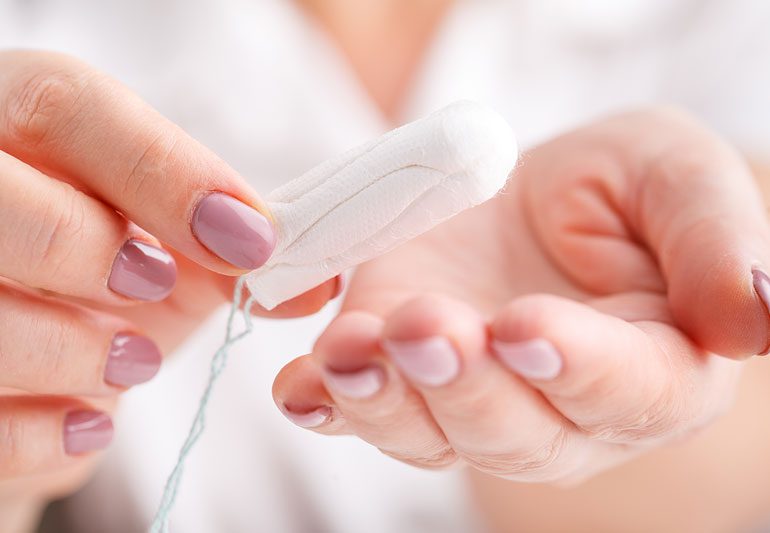
Common Causes of BV
Sexual Activity
One of the most common risk factors for developing BV is engaging in sexual activity. This is because sexual activity can disrupt the delicate balance of vaginal bacteria. Additionally, sexual activity can introduce new bacteria to the vagina, which can lead to an imbalance. Therefore, if you are sexually active, it is essential to use condoms to reduce your risk of developing BV or other sexually transmitted infections (STIs).
Douching
Douching is another common cause of bacterial vaginosis. Douching can disrupt the vaginal pH balance and flush out good bacteria that keep the vagina healthy. Douching also puts you at a higher risk for STIs because it can push infection-causing bacteria into the reproductive tract. Avoid douching to keep your vagina healthy and free from infection.
Poor hygiene
Poor hygiene habits can also lead to bacterial vaginosis. It’s important to cleanse your vulva and vagina with mild soap and water daily. However, avoid scrubbing too hard, as this can irritate the delicate skin around your vulva and vagina. It’s also important to wear clean, breathable underwear made from natural fibers like cotton to allow your genital area to stay dry and free from moisture. Wetness and moisture provide an ideal environment for bacteria to thrive, so it’s important to keep things as dry as possible.
Hygiene Products
Certain hygiene products can also cause BV. For example, scented soaps, gels, and sprays can irritate the vagina and lead to bacterial overgrowth. To avoid this, it’s best only to use unscented products when cleaning the area around your vagina. You should also avoid using harsh chemicals, such as bleach or vinegar, as these irritate.
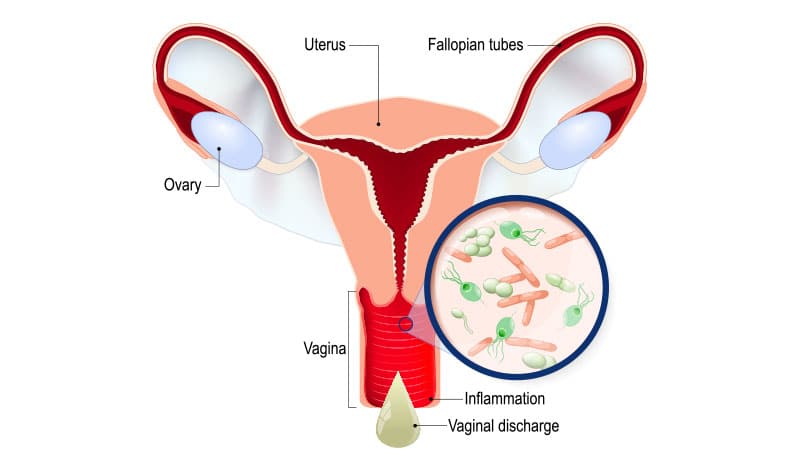
How common is bacterial vaginosis (BV)?
The most common vaginal issue among females between the ages of 15 and 44 is bacterial vaginosis (BV). BV is predicted to affect one in three American women. Black women have a higher incidence rate.
Who can get bacterial vaginosis (BV)?
Even if you haven’t had intercourse, anyone with a vagina can have bacterial vaginosis (BV). But that’s unusual. Sexually active individuals are more likely to experience it. You might be more susceptible to developing BV if you:
- Have multiple sex partners.
- Have a new sex partner.
- Have a female sex partner.
- Are pregnant.
- Don’t use condoms or dental dams.
- Have an intrauterine device (IUD).
- Use douches.
Is bacterial vaginosis contagious (BV)?
Although bacterial vaginosis (BV) cannot be contracted by another person, having sex increases your risk of contracting the infection.
Is bacterial vaginosis (BV) an STD?
Despite not being sexually transmitted, bacterial vaginosis is associated with sexual activity. According to researchers, the bacterial habitat in your vagina may change as a result of intercourse. Bacterial overgrowth is now more likely as a result.
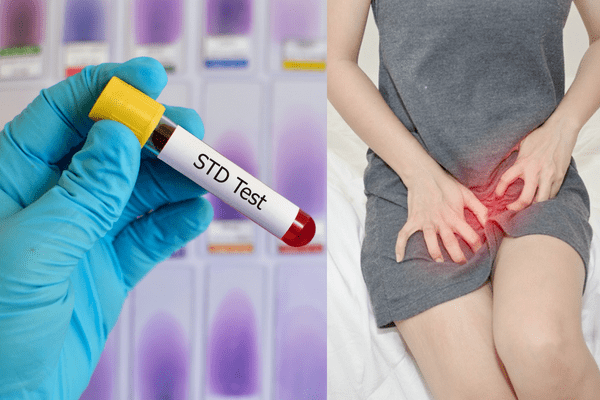
Symptoms of BV
The most common symptom of BV is a fishy vaginal odor. This can be especially noticeable after sex. Other symptoms include:
- Burning sensation during urination
- Itching or irritation around the vagina
- Unusual vaginal discharge that is thin and watery or grey and frothy
- Vaginal pain or tenderness
- Burning sensation during sex
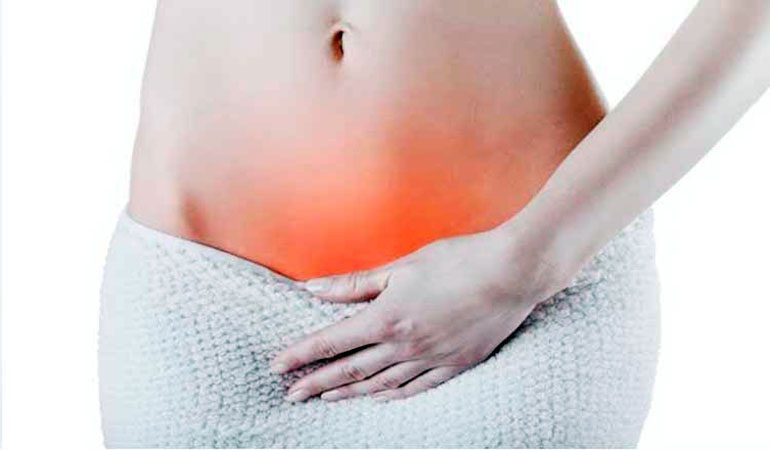
When to contact a doctor?
The symptoms of BV are rarely severe. However, anyone who believes they may have BV should speak with a doctor, particularly if:
- They are pregnant: In rare cases, BV can lead to pregnancy issues like miscarriage, poor birth weight, and pregnancy loss. There are more signs: Intense discomfort, bloody urination, fever, or burning while urinating may be signs of a more serious problem.
- Home remedies are ineffective: Other infections occasionally resemble BV. Without proper care, these infections could become more serious.
- They wonder if BV is the issue: Before starting a home remedy, people with a history of recurrent yeast infections, for instance, should speak with a doctor.
A doctor can typically identify BV fast. Antibiotics should successfully treat the infection after a brief course. Rarely do these medications have unfavorable side effects.
A person should initially speak with a medical expert if they think they may have BV. However, some people might choose to explore complementary treatments, such as the ones listed above. If BV is left untreated, bacterial vaginosis can increase your risk of other infections, such as pelvic inflammatory disease (PID) and sexually transmitted infections (STIs).

Preventing BV
Avoid douching
This includes using any type of vaginal cleansing product sold over the counter. Douching can disrupt the average balance of bacteria in your vagina and lead to bacterial vaginosis.
Safe sex
Use condoms. If you are sexually active, using condoms can help reduce your risk of contracting bacterial vaginosis. This is because condoms can help protect you from contact with bacteria and other organisms that may be present in your partner’s genital secretions.
Limit your number of sexual partners.
Having multiple sexual partners increases your risk of contracting bacterial vaginosis. Therefore, if you are sexually active, it is best to limit yourself to one sexual partner or practice monogamy.
Breathable cotton underwear
Wear loose-fitting clothing. Tight-fitting clothing (including tight jeans, pantyhose, and swimsuits) can trap moisture and increase the temperature around your vagina, both of which are conducive to the growth of bacteria. Wearing loose-fitting clothing can help keep your vagina dry and cool, making it less likely for bacteria to thrive.
Good hygiene
This means washing your vulva and vagina with mild soap and water daily. It is also important to avoid using harsh cleaning products or scrubbing too forcefully, as this can irritate the delicate skin around your vagina and lead to bacterial vaginosis. Be sure to wash thoroughly, especially after sex, to remove any bacteria or other foreign substances that could cause an infection.
Eat yogurt
Eating yogurt or taking probiotic supplements may help maintain the healthy balance of bacteria in your vagina. Some studies have shown that women who eat yogurt daily have a lower risk of developing bacterial vaginosis.
Avoid scented products
Scented products (including tampons, pads, soaps, douches, body washes, sprays, etc.) can irritate the sensitive skin around your vagina and lead to bacterial vaginosis. Look for unscented versions of these products or opt for natural alternatives instead.
Quit smoking
Smoking has been linked to an increased risk of developing bacterial vaginosis. So if you smoke cigarettes, now is a good time to quit!
Keep diabetes under control
Women with diabetes have an increased risk of developing bacterial vaginosis. Managing your diabetes through diet, exercise, and medication can help reduce this risk.

Final Thoughts
If you are suffering from bacterial vaginosis, there are several home remedies that you can try. While some of these remedies may be more effective, speaking with a doctor before trying any new treatment is important. This is especially true if you have a history of recurrent yeast infections or other vaginal infections. If BV is left untreated, it can increase your risk of developing other infections. In addition, taking steps to prevent BV (such as avoiding douching and using condoms during sex) can also help reduce your risk of developing this condition.
Frequently Asked Questions (FAQs)
Can you wash your private parts with peroxide?
Hydrogen peroxide should not be used in the vagina. This often irritates people more. Likewise, hydrogen peroxide should not be used for douching.
Does hydrogen peroxide help vaginal infections?
Hydrogen peroxide is a well-known antiseptic frequently used to clear open wounds of invasive bacteria, so douching with it would seem like a brilliant idea. But unfortunately, using hydrogen peroxide to treat your vagina might further upset its pH balance, making a yeast infection worse.
What to put in Bath to help BV?
Proponents of alternative medicine suggest that washing the vulva in a mix of apple cider vinegar and water may relieve symptoms because ACV is acidic and has antibacterial effects.
Is hydrogen peroxide alkaline or acidic?
As a weak acid, hydrogen peroxide can react with many metals to produce hydroperoxide, peroxide salts, and other derivatives.
Is hydrogen peroxide pH neutral?
The pH of a 0.1 M aqueous solution of hydrogen peroxide is 6.4, but the pH of pure hydrogen peroxide, which does not generate hydrogen ions, is 7.
Can peroxide damage the vagina?
This may result in a condition known as a pelvic inflammatory disease, which can lead to infertility and persistent pain. Additionally, peroxide douching may cause vaginal and vulvar discomfort. More than 30% of participants in a trial on hydrogen peroxide douching complained of vaginal discomfort.


